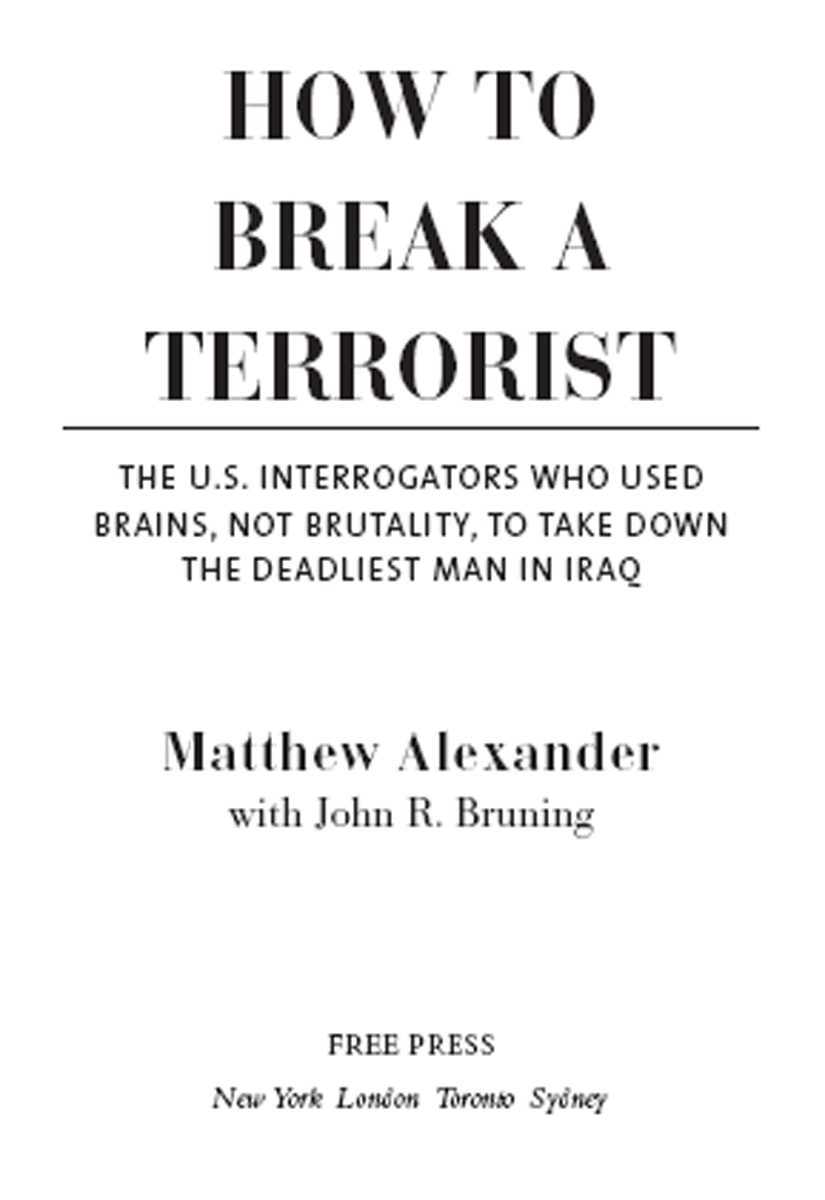
How to Break a Terrorist
The U.S. Interrogators Who Used Brains, Not Brutality, to Take Down the Deadliest Man in Iraq
کتاب های مرتبط
- اطلاعات
- نقد و بررسی
- دیدگاه کاربران
نقد و بررسی

August 11, 2008
Alexander, a pseudonymous air force officer, and writer Bruning (House to House
), collaborate to tell the stranger-than-fiction “story of the intelligence operation that located and ultimately killed Abu Musab Al Zarqawi,” the head of al-Qaeda in Iraq. An “Air Force investigator turned interrogator,” Alexander was trained in the post–Abu Ghraib interrogation techniques that replace “fear and control” with “respect, rapport, hope, cunning and deception.” He arrived in Iraq in March 2006, a month after al-Qaeda bombed the Golden Dome Mosque in Samarra in an effort to incite sectarian violence, and Zarqawi became “the most wanted man in Iraq” and the primary focus of U.S. intelligence efforts. Using the new methods, Alexander interrogated five captured al-Qaeda members and tracked down Zarqawi's personal spiritual adviser, who unwittingly led U.S. Special Forces to Zarqawi's hideout; this vindicated Alexander's methods and eliminated the key terrorist leader. Alexander provides a front-row seat to the intelligence war inside the “Global War on Terrorism” in a riveting, fast-paced account that reads like a first-rate thriller.

April 13, 2009
Verdict: While Alexander does use military lingo, the tone of the book is conversational, with short chapters. Serious military action is tempered with humor, though those sensitive to violence should be aware that there are several descriptions of brutal killings. Recommended. Background: Alexander (a pseudonym), a former U.S. Air Force investigator, was hired to assist the army in interrogating al Qaeda suspects in Iraq after the controversy over techniques used at Abu Ghraib and Guantanamo Bay (and their subsequent failure to provide much useful information). The military turned to Alexander's approach of respect, rapport, hope, cunning, and deception, positioning him and his team of "'gators" at the forefront of the mission to find and kill Abu Musab al Zarqawi, head of al Qaeda in Iraq. Because Alexander's techniques were new, his ideas, he relates, were not accepted by everyone; weak leaders and jealous peers presented obstacles to his success, and he put his career in jeopardy to complete the mission. Names and identifying details have been changed and the work was submitted to the Department of Defense for vetting prior to publication, with redacted portions left in situ.-Jenny Seftas, Southwest Florida Coll., Fort Myers, FL
Copyright 2009 Library Journal, LLC Used with permission.

























دیدگاه کاربران